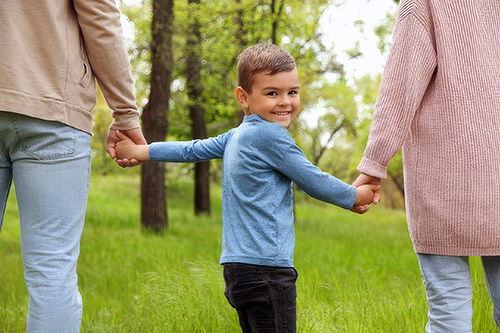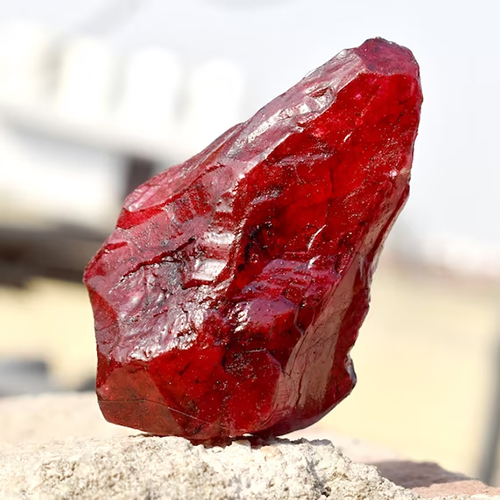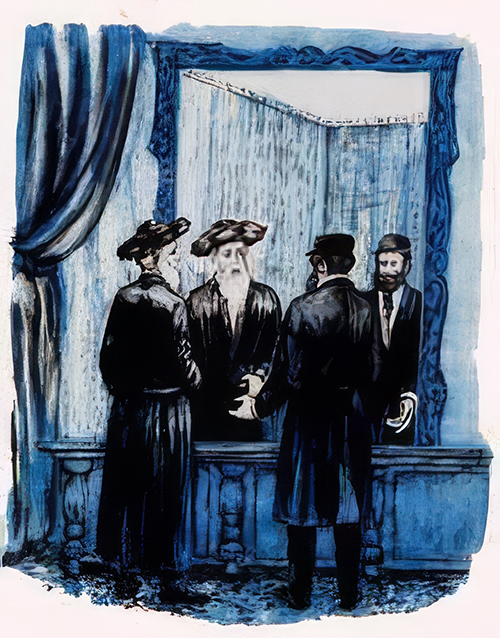
Baal Shem Tov (1698 – 1760) was a legendry Hassidic spiritual leader.
One day a person came to him and said, “I think I’m losing my faith.”
“What makes you think that?” asked Baal Shem Tov.
“When I was young, God seemed very near to me. Now God seems distant.
“Such a distance is natural,” Baal Shem Tov replied.
“When children are young, we teach them to walk by standing beside them and holding their hand. As they grow, however, we gradually distance ourselves so they can walk to us. God has moved away from you, so that you might learn how to walk on your own towards God.”
Nikos Kazantzakis, the great Greek writer, tells a story of an elderly monk he once met on Mount Athos.
Kazantzakis, still young and full of curiosity, was questioning this monk and asked him: “Do you still wrestle with the devil?”
“No,” replied the old monk, “I used to, when I was younger, but now I’ve grown old and tired, and the devil has grown old and tired with me.”
“So,” Kazantzakis said, “your life is easy then? No more big struggles.”
“Oh, no!” replied the old man, “now it’s worse. Now I wrestle with God!”
“You wrestle with God,” replied Kazantzakis, rather surprised, “and you hope to win?” “No,” said the old monk, “I wrestle with God, and I hope to lose!”



